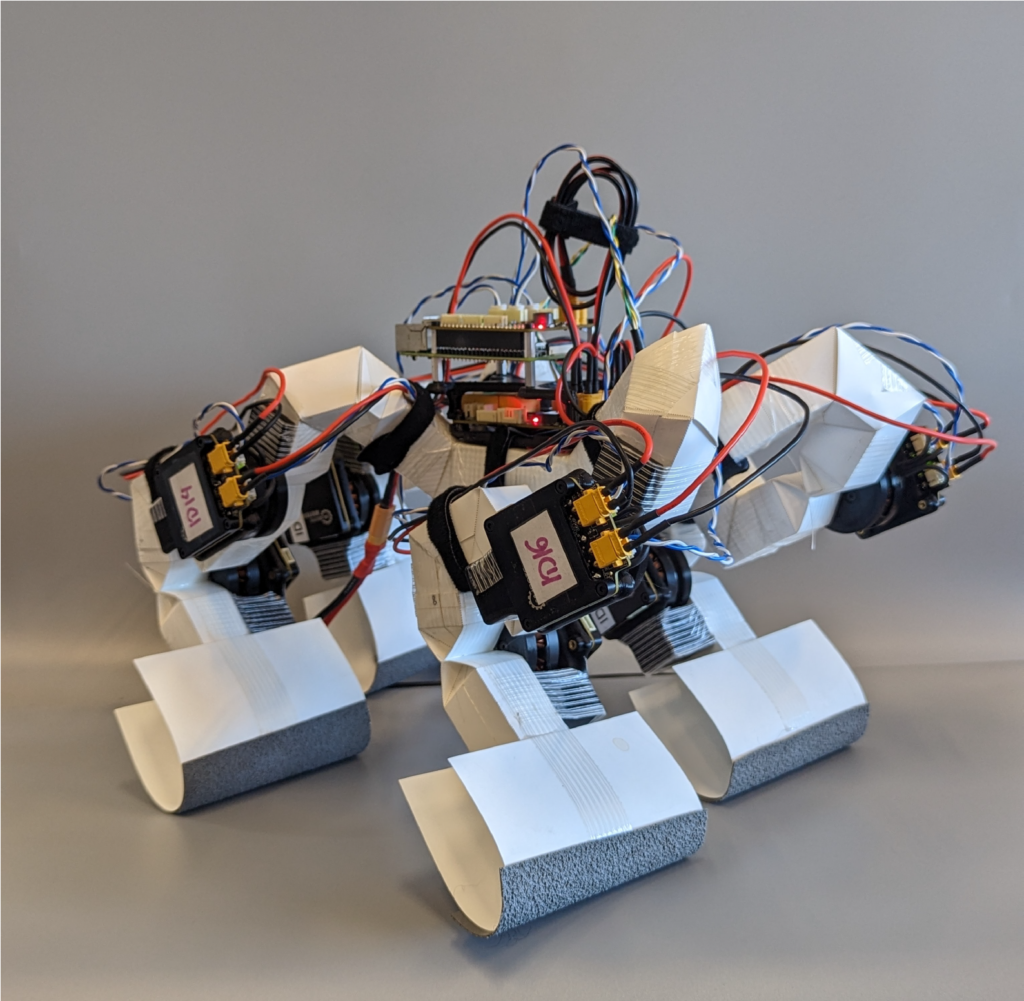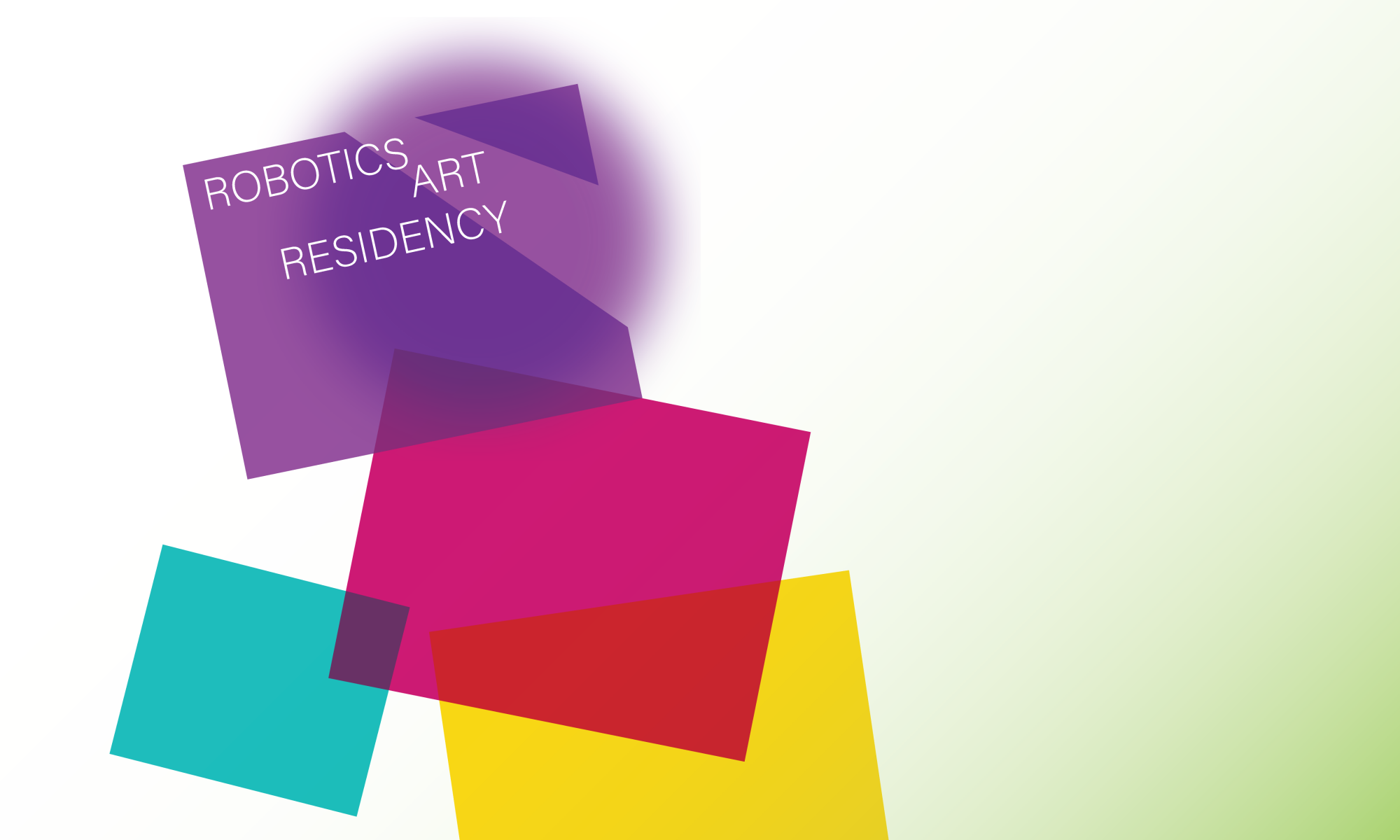The Sung Robotics Lab at University of Pennsylvania will host an art residency program that will bring together faculty, students, and community artists to explore artistic applications of origami-inspired robotic technologies.
An artist, designer, or creative from any discipline will spend summer 2025 at the lab and develop a creative origami robotics project. With the lab, the artist-in-residence will develop a collaborative workshop series to be presented at The Arts League in the fall of 2025.
The resident will have access to our manufacturing equipment and engineering mentorship from Penn students and faculty. In addition, in 2025 the artist-in-residence will have a designated studio space at The Arts League in West Philadelphia. The residency will culminate in an exhibition and community engagement to share their results at The Arts League.

ROBOTICS ART RESIDENCY – SUNG LAB
- Residency Duration: June 2 – August 15, 2025
- Working hours: min 20 hours per week in lab
- Stipend: $3,000.00
- Materials: $1,000.00
- Additional Studio at The Arts League: June 2 – December 21, 2025
- PhD Student Mentor, Faculty Mentor
- Develop Collaborative Workshop series to be presented
at The Arts League, additional funds provided for leading the workshop - Exhibition: November 17 – December 18, 2025
TIMELINE
9/7/24 Robotics Origami Workshop for artists
10/1/24 Applications open – Apply here!
12/1/24 Applications deadline
2/15/25 Notification
6/2/25 Residency starts
Sept-Oct 2025 Workshop Series
Nov/Dec 2025 Exhibition, The Arts League
For more info, contact artres@seas.upenn.edu
Workshop on Origami Robots
Come build a robot out of origami!
Learn about our summer 2025 artist in residency program
Saturday, September 7, 2024, 2-5 PM
The Arts League, 4226 Spruce Street, Philadelphia, PA 19104
www.artsleaguephl.org
Sign up by August 24: bit.ly/origami-robot-workshop
We’ll cover origami patterns and how to connect motors and electronics
No robotics expertise is required. Enthusiastic folders are encouraged
Led by Daniel Feshbach and Cynthia Sung, Sung Lab, University of Pennsylvania
This project is supported by the National Science Foundation under grant #2322898
